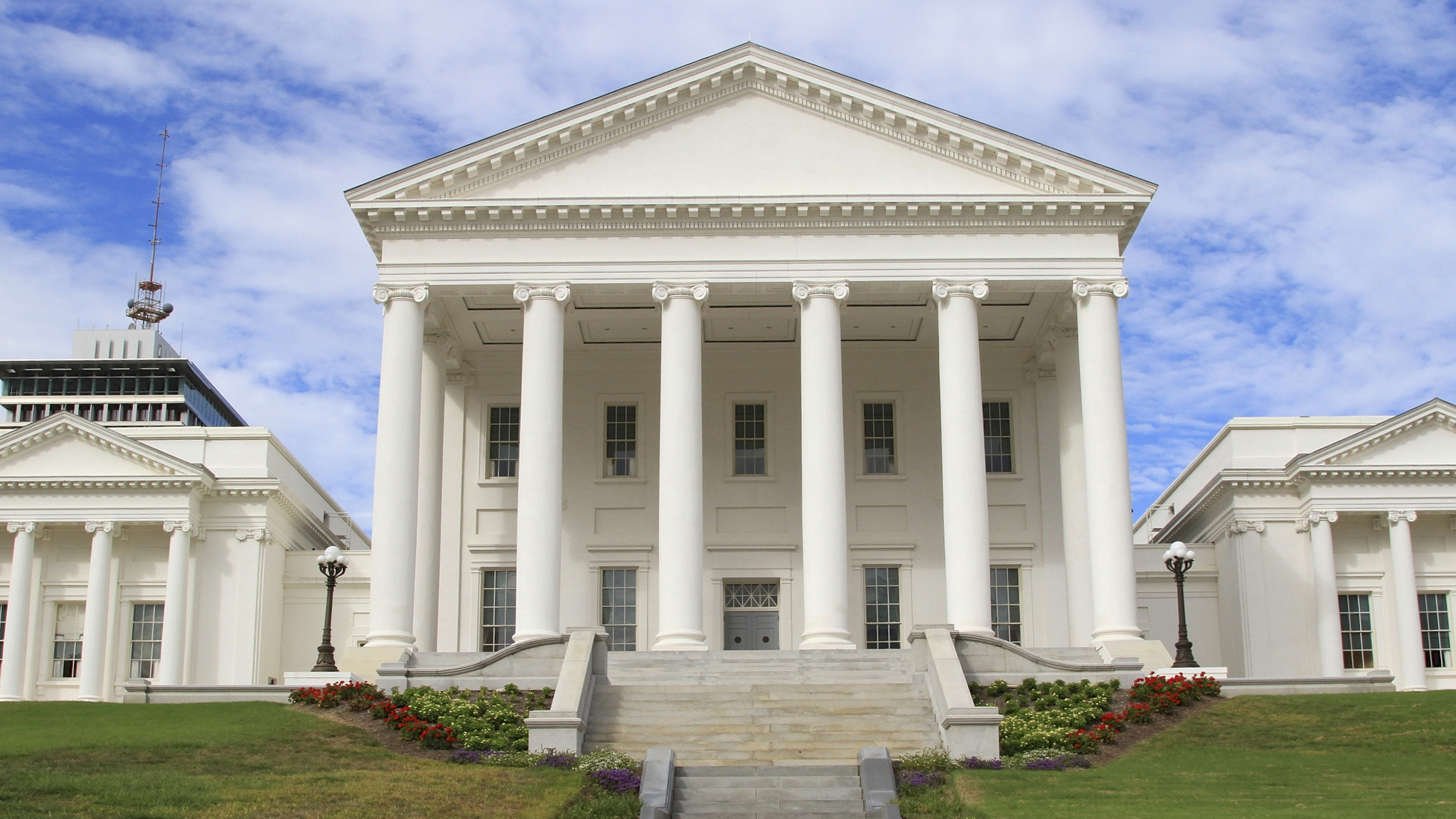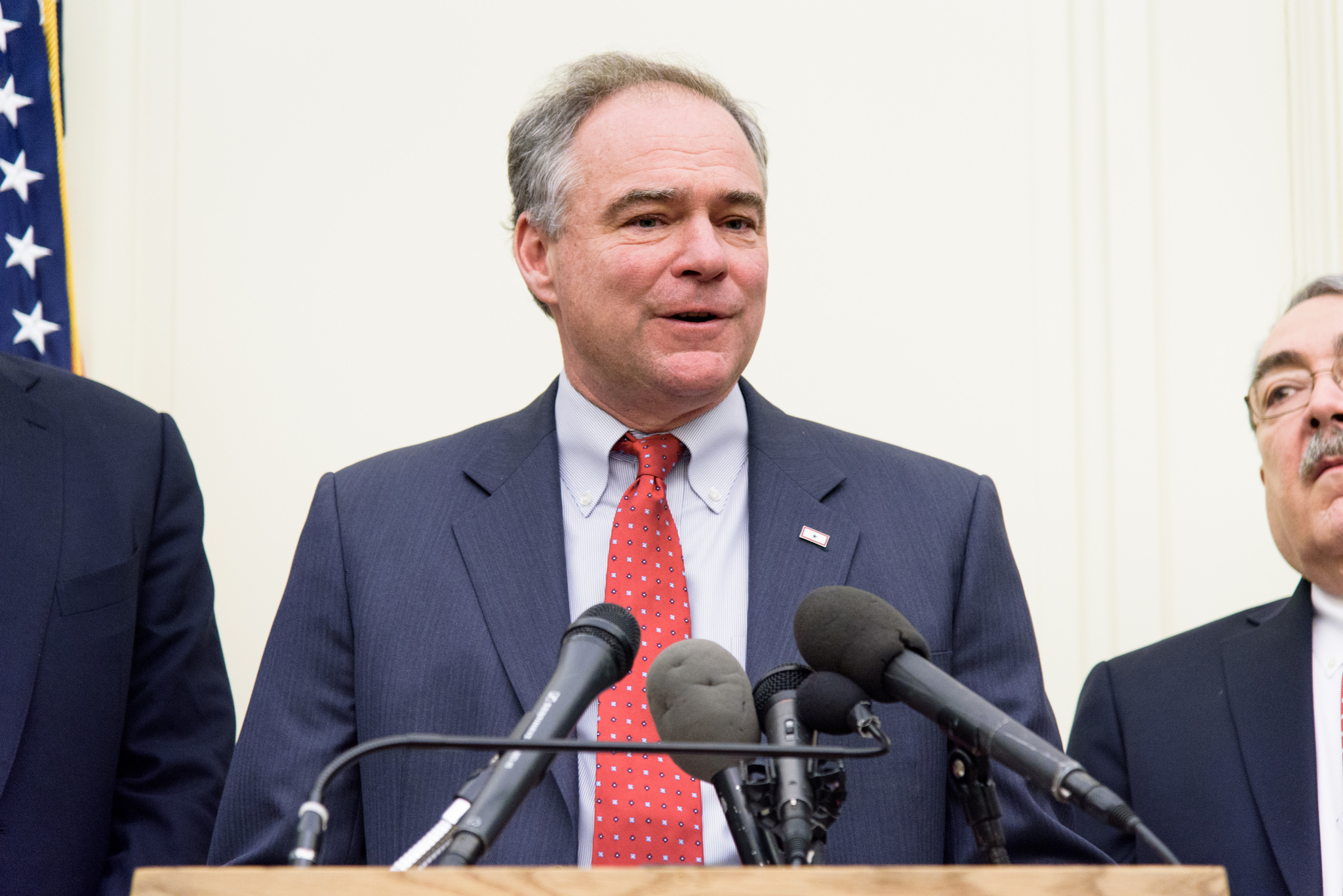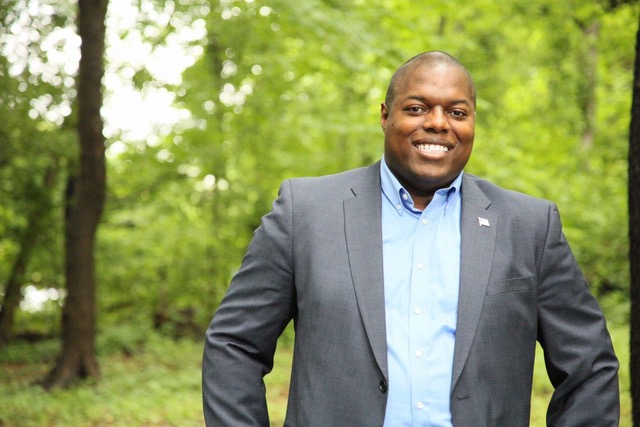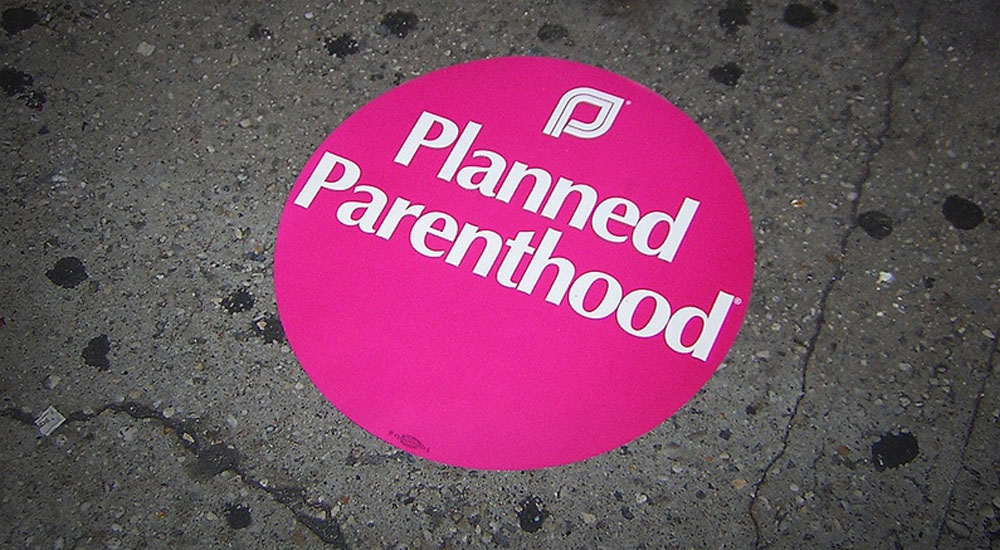A myriad of bills were passed in the 2019 legislative session in Richmond by Republican lawmakers that levy harsher penalties on criminals and help keep communities throughout the Commonwealth safe. In terms of state laws, Virginia has some of the toughest in the U.S. targeting sex and labor trafficking, the abduction, kidnapping, and transportation those victims, and violations for those who take money from sex acts as well as the “earnings” of those performing those acts.
Regardless, bills that passed in this year’s 46-day session would assist in bringing even more criminals to justice and aiding victims.
H.B. 2343, introduced by Delegate Rob Bell (R-Albemarle), which was also recommended by the Virginia State Crime Commission, would require the Central Criminal Records Exchange to review offenses containing “unapplied” criminal history record information, making reasonable efforts to ensure the information is applied.
Delegate Bell’s H.B. 2344 would require the Department of Motor Vehicles (DMV) to release certain vehicle owner data to a company who is operating a school bus monitoring camera system.
H.B. 2528, patroned by Delegate Tim Hugo (R-Clifton), would allow a person to be guilty of felony homicide if the act involved the manufacture, sale, gift, or distribution of a Schedule I or II controlled substance.
H.B. 2615, introduced by Delegate Todd Pillion (R-Abingdon), provides that any person convicted of capital murder who was 18 years of age of older at the time of offense shall be sentenced to no less than a mandatory minimum term of confinement for life.
The GOP majority in the House also pushed through a package of legislation to mitigate human trafficking in the Commonwealth.
H.B. 1887, sponsored by Delegate Jason Miyares (R-Virginia Beach), would direct the Virginia Alcoholic Beverage Control Authority (ABC) and the Virginia Employment Commission (VEC) to post information for a human trafficking hotline in government stores and employment offices. The purpose of the legislation is to alert possible witnesses or victims of human trafficking to the availability of a means to report crimes or gain assistance.
Delegate Christopher Collins (R-Frederick) forwarded H.B. 2464, which would allow testimony by child victims and witnesses of sex trafficking using two-way closed circuit television in judicial cases.
H.B. 2586, also introduced by Delegate Bell, increases criminal penalties to a Class 6 felony for sex trafficking-related offenses, including aiding in prostitution and using a vehicle to promote prostitution when the acts involve a minor. Moreover, each violation of commercial sex trafficking would be classified as a separate and distinct felony.
A “Virginia Prevention of Sex Trafficking Fund” for the purpose of promoting awareness, training, and education relating to sex trafficking will be created under H.B. 2651, patroned by Delegate David Yancey (R-Newport News). Fees and fines emanating from sex trafficking-related offenses would be paid into the fund.
H.B. 2470, introduced by House Majority Leader Todd Gilbert (R-Shenandoah), would impose a mandatory minimum term of imprisonment of 25 years for pandering, receiving money for procuring a person for the purpose of prostitution, forced labor, child pornography, receiving money from the earnings of a person engaged in prostitution, and commercial sex trafficking if minors under 15 years of age are involved in the crimes.
Unlike the aforementioned bills, which passed through both the House of Delegates and State Senate, Gilbert’s legislation died in conference.





